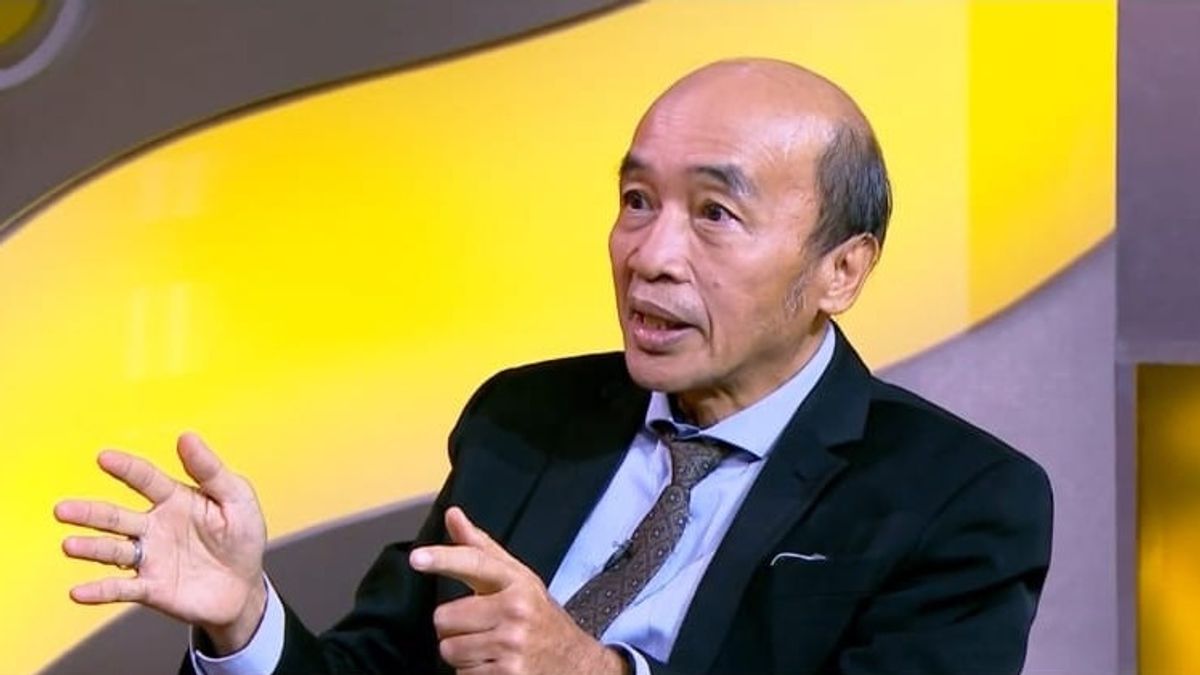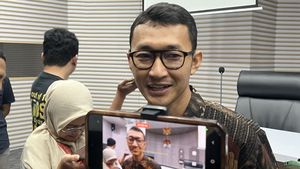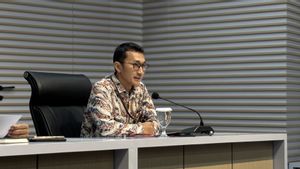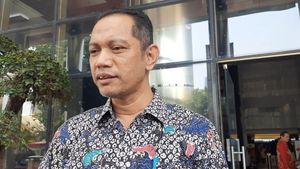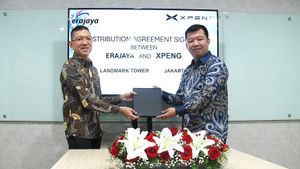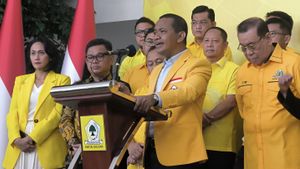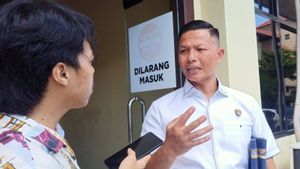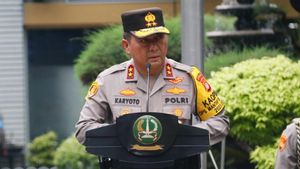JAKARTA - Senior journalist and anti-corruption activist Bambang Harymurti said that legal examinations carried out by law academics such as the Islamic University of Indonesia, University of Indonesia, Universtas Padjdjaran, Gadjah Mada University and Diponegoro University, actually made it clear that Mardani H Maming was not a corruptor.
In addition, there was a statement from Bambang Widjojanto, Deni Indrayana and Prof. Todung Mulya Lubis, who had great integrity and perpendicularness against corruptors.
"With the support of all these people, who, based on studies from their respective fields, are still considered guilty, it doesn't make sense," he said in an electronic message, Tuesday, November 5.
UII Professor Prof Hanafi, who participated in the examination in this case, admitted that there were many mistakes from the judge, through the results of examinations from administrative law experts, civil law and criminal law.
The examination is a form of academic concern over the decline in Indonesia's judicial performance, which ignores the application of articles, checking existing evidence and facts.
Prof Hanafi explained that in terms of administrative law, a number of experts considered the object of Article 93 of Law Number 4 of 2009 concerning what the judge used, was wrong in this case.
Where in the article the legal subject is the person or corporate who transfers the IUP to others without informing the local government. "Meanwhile, Mardani Maming is the official who gave permission. The permit is in accordance with the study procedure from the competent authority," he said.
The use of the article was not on target, because there was no violation of the law by Mardani H Maming there. Meanwhile, in terms of civil law experts, said Hanafi, the flow of money that was included in Mardani H Maming's company used the business to business concept, purely civil.
So when the judge linked it to a thank you form, there was not enough evidence.
Meanwhile, from criminal law experts assessed that the use of Article 12 b, there was no agreement between the giver and the recipient of the bribe, because it could not be proven.
If, the judge relates administrative law to the crime of using Article 93 concerning mineral and coal, according to Hanafi it is a mistake, because the article is not a criminal article.
"So if Article 93 sanctions are only administrative, the maximum revocation of business licenses. Not criminal. Even though there is a criminal element in the uu," he said.
SEE ALSO:
Hanya saja unsur pidana dalam UU tersebut tidak bisa ditarik ke ranah korupsi, sehingga sangat jelas kekeliruan dari hakim dalam kasus ini.
- https://voi.id/berita/431386/tidak-diketahui-keberadaannya-kpk-minta-hakim-pn-jaksel-tolak-praperadilan-paman-birin
- https://voi.id/berita/431201/kpk-cari-paman-birin-lewat-kabag-protokol-pemprov-kalsel-dan-4-saksi-lain
- https://voi.id/berita/431035/ghufron-soal-capim-dan-dewas-kpk-lanjut-atau-berubah-kewenangan-presiden-prabowo
- https://voi.id/berita/430350/terpisah-dari-jokowi-alasan-kpk-tetapkan-jet-pribadi-dipakai-kaesang-bukan-gratifikasi
It's just that the criminal element in the law cannot be drawn into the realm of corruption, so it is very clear that the judge's mistake in this case.
The English, Chinese, Japanese, Arabic, and French versions are automatically generated by the AI. So there may still be inaccuracies in translating, please always see Indonesian as our main language. (system supported by DigitalSiber.id)
